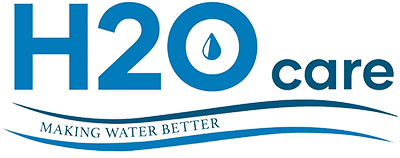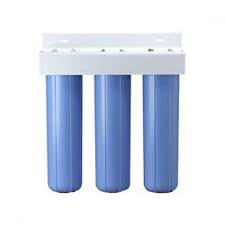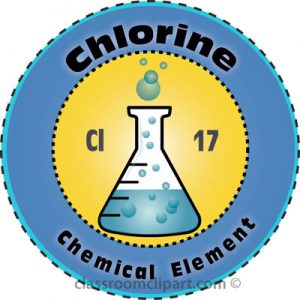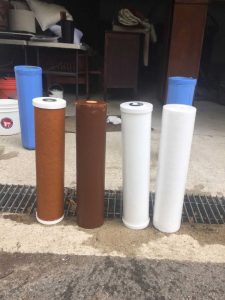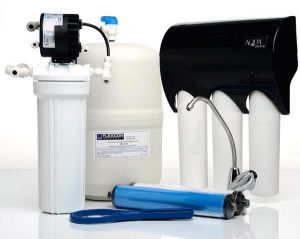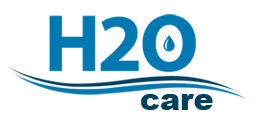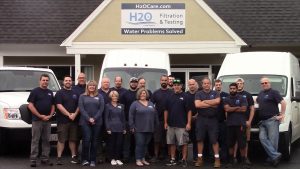The following discusses potential water quality issues or concerns as well as Food Service water filtration options in Portsmouth, NH
(H2O Care was formerly a division of: Atlas Watersystems, Inc.) 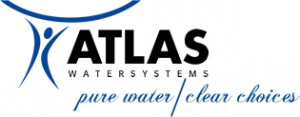
TASTE & ODOR ISSUES/ PREMATURE EQUIPMENT BREAKDOWNS ?
BAD ODORS & TASTES IN YOUR WATER
Symptoms of water quality issues may include bad odors & taste, staining of bathroom fixtures & laundry, premature equipment breakdowns etc. The preferred starting point is test the water to identify the minerals or contaminants in the water. This will lead to an effective Food Service water filtration system recommendation. There are various approaches to providing your restaurant with better quality ice, good tasting water, improved beverage taste. This will also improve water quality feeding your dishwashers to avoid streaking on glasses and dinnerware.
FOOD SERVICE WATER FILTRATION & WATER SOFTENER SYSTEMS
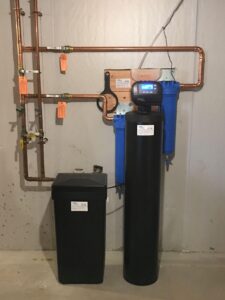
High Efficiency Water Softener
Water softeners are typically installed to remove hard water minerals, dissolved iron or manganese from the water. However, this has not been an issue in Boston. To remove particulate iron or manganese, a properly sized sediment filter is required. Bad tastes & odors may be from chlorine added to the water supply for disinfecting purposes. This can be removed with a carbon filtration system. Additionally, to create pure drinking water, a reverse osmosis system can be installed. This utilizes the same technology used to produce both Aquafina, Dasani and some other bottled waters. There are various sized reverse osmosis systems to match the volume demands required.
Any water filtration system or water softener recommendation in Boston should start with a water test before an informed decision can be made. To determine what type of water testing to have performed and how to take a proper sample, call a water treatment professional or a state certified laboratory. Water softening is typically not required in Boston, however, sediment & carbon filtration is often recommended for overall water quality improvement.
In summary, controlling your water quality is attainable through proper water testing and equipment specification with today’s available water filtration technologies at a reasonable price. Proper on-going maintenance is also critical to maintain a consistent level of great water quality.
